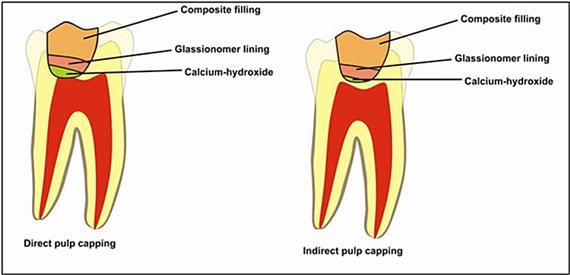
In the realm of healthcare, the conventional medical approach often takes center stage. However, there exists a parallel universe of healing methodologies known as holistic and naturopathic medicine. These distinct perspectives offer alternative routes to wellness that depart from the conventional path. For details about a holistic doctor and a naturopathic doctor read https://1883magazine.com/what-is-the-difference-between-a-holistic-doctor-and-a-naturopathic-doctor/.
This article delves into the core principles, treatments, and philosophies that underpin holistic and naturopathic perspectives, shedding light on their differences and commonalities.
Understanding Holistic Medicine
Holistic Principles
Holistic medicine operates on the belief that the body is a complex, interconnected system, and true healing cannot occur by focusing solely on the symptoms. Instead, it emphasizes the importance of addressing the whole person, taking into account physical, mental, emotional, and spiritual aspects. Holistic practitioners view the body as a self-healing organism, and their primary goal is to support and facilitate this innate healing process.
Comprehensive Treatment Modalities
A hallmark of holistic medicine is its diverse range of treatment modalities. These may include acupuncture, chiropractic care, herbal medicine, yoga, meditation, and nutritional therapy. The selection of treatments is tailored to the individual’s unique needs, aiming to restore balance and harmony within the body.
Embracing Prevention
Holistic medicine places a strong emphasis on disease prevention through lifestyle modifications. It encourages individuals to make conscious choices about their diet, exercise, and stress management. The belief is that by maintaining a state of overall well-being, the risk of illness can be significantly reduced.
Naturopathic Medicine: A Nature-Centric Approach
Naturopathic Principles
Naturopathic medicine shares some similarities with holistic medicine in its emphasis on treating the whole person. However, naturopathy places a particular emphasis on harnessing the healing power of nature. It adheres to six fundamental principles: First, do no harm; the healing power of nature; identify and treat the cause; treat the whole person; the physician as teacher; and prevention.
Natural Remedies and Therapies
Naturopathic doctors (NDs) primarily employ natural remedies and therapies in their practice. These may include herbal medicine, homeopathy, dietary counseling, hydrotherapy, and physical manipulation techniques. NDs aim to stimulate the body’s innate healing abilities and promote a state of optimal health.
Addressing the Root Cause
One of the key differentiators of naturopathic medicine is its commitment to identifying and addressing the root cause of illness rather than merely alleviating symptoms. By understanding the underlying factors contributing to a patient’s condition, NDs work towards long-term solutions and healing.
Common Ground: Holistic and Naturopathic Medicine
Patient-Centered Care
Both holistic and naturopathic perspectives prioritize patient-centered care. This means that practitioners actively engage with their patients, taking the time to understand their unique health history, concerns, and goals. Treatment plans are tailored to the individual, fostering a sense of empowerment and active participation in the healing process.
Preventative Focus
Both approaches share a strong commitment to prevention. By promoting healthy lifestyle choices, emphasizing nutrition, and encouraging stress management techniques, they aim to prevent illness and maintain overall well-being.
Complementary Collaboration
Holistic and naturopathic medicine can often complement conventional treatments. Many patients seek out these alternative approaches alongside traditional medical interventions, and practitioners from all fields increasingly recognize the value of a holistic and natural approach to health.
Choosing the Right Path
The choice between holistic and naturopathic medicine ultimately depends on individual preferences, health needs, and beliefs. Some may resonate more with the nature-centric approach of naturopathy, while others may find holistic medicine’s broad spectrum of treatments more appealing.
It is essential to consult with qualified practitioners in either field to make informed decisions about one’s health. Additionally, individuals should consider the severity of their condition, the compatibility of alternative treatments with any existing medical therapies, and their own comfort level with these approaches.
Conclusion
Holistic and naturopathic perspectives offer unique approaches to health and wellness that extend beyond conventional medicine. While they share a commitment to treating the whole person and prioritizing prevention, their core principles and treatment modalities distinguish them.
Whether one chooses to explore holistic or naturopathic medicine or seeks to integrate them with conventional treatments, the journey towards wellness is deeply personal. By understanding the principles and practices of each perspective, individuals can make informed choices that align with their health goals and beliefs, paving the way for a more holistic and nature-centric approach to healing.




